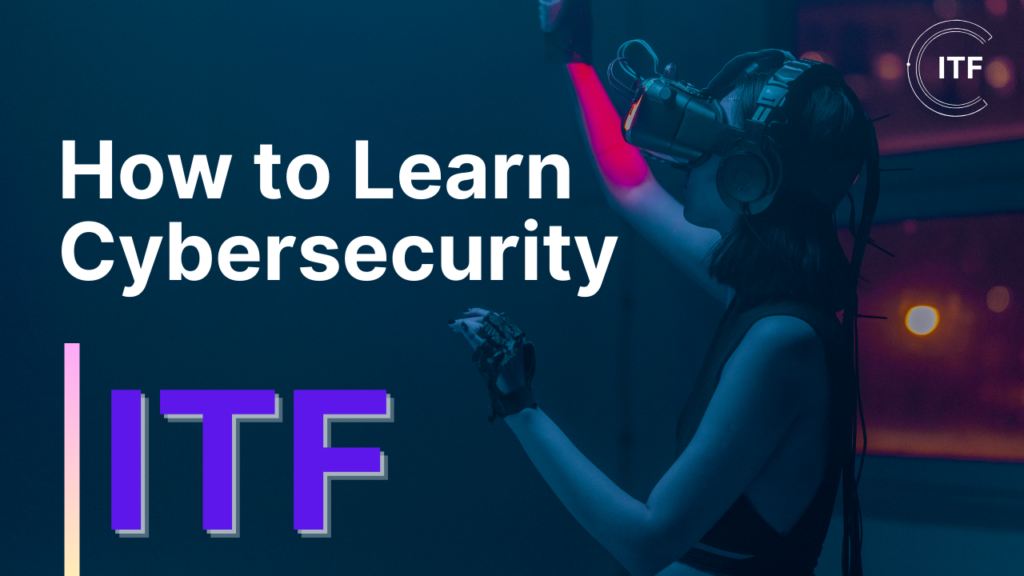In today’s increasingly digitized world, the importance of cybersecurity cannot be overstated. With cyber threats becoming more sophisticated, the demand for skilled cybersecurity professionals is higher than ever. If you’re interested in embarking on a journey to learn cybersecurity, you’re making a wise and future-proof choice. In this comprehensive guide, we’ll explore the steps and resources you need to get started on your cybersecurity learning path.
1. Understand the Basics:
Before diving into the depths of cybersecurity, it’s essential to grasp the fundamentals. Familiarize yourself with basic concepts like networks, operating systems, and programming languages. You’ll need this foundation to understand the intricacies of cybersecurity.
2. Choose Your Path:
Cybersecurity is a vast field with various specializations, such as ethical hacking, penetration testing, network security, and more. Research these areas to determine which aligns with your interests and career goals.
3. Formal Education:
Many universities and institutions offer cybersecurity degree programs and certifications. Consider enrolling in one of these programs to gain structured knowledge and credentials. Popular certifications include Certified Information Systems Security Professional (CISSP), Certified Ethical Hacker (CEH), and Certified Information Security Manager (CISM).
4. Online Courses:
If formal education isn’t an option, numerous online platforms offer cybersecurity courses. Websites like Coursera, edX, and Udemy host courses taught by experts in the field. Look for courses that match your chosen specialization.
5. Cybersecurity Communities:
Join cybersecurity forums, groups, and online communities. Platforms like Reddit’s r/cybersecurity and GitHub are excellent places to connect with like-minded individuals, ask questions, and share knowledge.
6. Books and Blogs:
Reading is an integral part of learning cybersecurity. Invest in reputable books like “Hacking: The Art of Exploitation” by Jon Erickson and “The Web Application Hacker’s Handbook” by Dafydd Stuttard and Marcus Pinto. Follow cybersecurity blogs to stay updated on industry trends.
7. Hands-On Practice:
Theory alone won’t make you a cybersecurity expert. Set up a lab environment to practice your skills. Experiment with tools like Kali Linux, Wireshark, and Metasploit in a controlled setting.
8. Capture the Flag (CTF) Challenges:
Participate in CTF challenges and competitions. These gamified exercises provide real-world scenarios to test your skills and problem-solving abilities.
9. Networking:
Attend cybersecurity conferences, webinars, and local meetups if possible. Networking with professionals in the field can open doors to mentorship and job opportunities.
10. Stay Updated:
Cyber threats evolve rapidly, so it’s crucial to stay current. Follow cybersecurity news sources, subscribe to mailing lists, and participate in ongoing training to keep your skills sharp.
11. Develop Soft Skills:
Beyond technical skills, cybersecurity professionals need strong communication, critical thinking, and problem-solving abilities. Work on developing these soft skills to excel in your career.
12. Seek Internships and Entry-Level Positions:
To gain practical experience, consider applying for internships or entry-level positions in cybersecurity. These roles provide hands-on exposure to real-world security challenges.
13. Ethical Hacking:
If you’re interested in ethical hacking, pursue certifications like CEH or Offensive Security Certified Professional (OSCP). These certifications validate your ability to identify and mitigate vulnerabilities.
14. Build a Portfolio:
Document your projects, findings, and achievements in a portfolio. A strong portfolio can set you apart when applying for cybersecurity roles.
15. Never Stop Learning:
Cybersecurity is a field that requires continuous learning. Hackers constantly adapt, and you must stay one step ahead. Consider pursuing advanced certifications and staying engaged with the cybersecurity community.
Conclusion
learning cybersecurity is a rewarding journey that demands dedication, continuous learning, and practical experience. By following these steps and immersing yourself in the cybersecurity world, you can build a solid foundation and embark on a fulfilling career protecting digital assets and information in an increasingly interconnected world.
